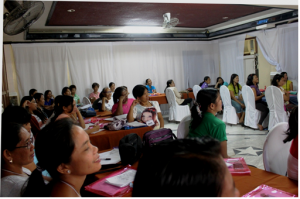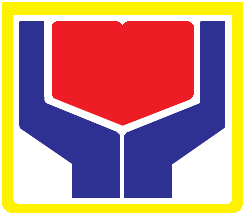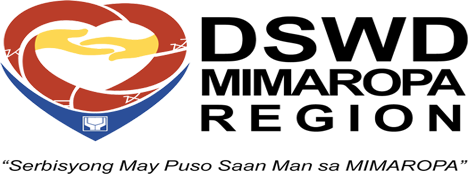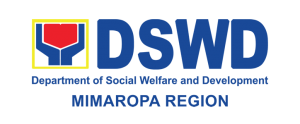
After 3 weeks of conducting separate trainings in the provinces of MiMaRoPa, the Department of Social Welfare and Development (DSWD) ended its Pantawid Pamilyang Pilipino Program’s Skills Enhancement for Parent Leaders as Program Advocates (PL Level II Training) in Palawan on May 5, 2017.
A total of 168 parent leaders from the five provinces of the region attended the training, with 26 participants in Occidental Mindoro, 36 participants in Oriental Mindoro, 18 participants in Marinduque, 36 participants in Romblon, and 52 participants in Palawan.
The training aims to equip parent leaders with knowledge and skills in becoming program advocates or information disseminator to confidently and effectively speak about the program for better appreciation and understanding of Pantawid and non-Pantawid partners. The program was filled with modules and activities that reviewed them about the program, as well as assess, evaluate, and demonstrate how to become effective communicators, leaders, and community volunteers.
Starting the first batch separately in Occidental and Oriental Mindoro on April 18-21, 2017, the said training provided workshops on the following areas of concern: 1) roles of parent leader; 2) self-appreciation; and 3) effective communication. Furthermore, the parent leaders were also provided updates of the program and given information on guidelines on the provision of rice subsidy to Pantawid Pamilya households, all of which are essential in the performance of their respective functions. Training in Marinduque and Romblon was conducted separately on April 25-28.
In Palawan, selected parent leaders were given a chance to be invited as radio guests in Radyo ng Bayan, one of the local radio stations in the province, where they were asked mainly about rice subsidy, and how the Pantawid Pamilya put impacts to their lives. Some were also able to share their written songs and poems on air, while the others were able to observe how radio interviews are being done.
Each province capped off the 4-day training with testimonials of the parent leaders. Parent leaders expressed excitement on the possible advocacy engagements that might be given to them in the future. Moreover, they also expressed willingness to conduct re-echo sessions with their fellow parent leaders during Family Development Sessions (FDS) and parent leaders meeting. ###
![]()


